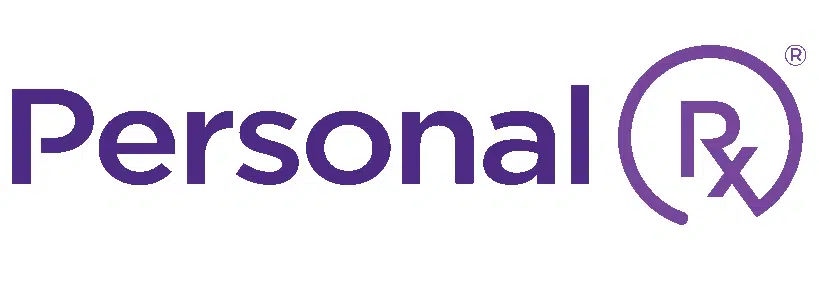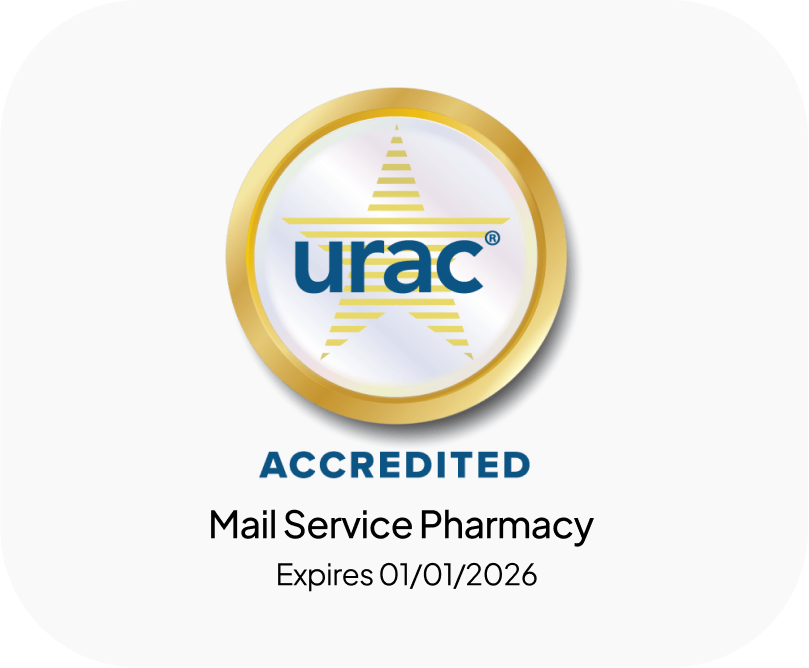A healthy lifestyle can often prevent diseases or lessen the symptoms of illnesses. Similarly, behaviors and habits that are conducive to more healthful living can actually reduce or eliminate the need for many medications.
According to the Centers for Disease Control (CDC), 60 percent of adults in the U.S. have a chronic disease, and 40 percent of adults have two or more. The CDC broadly defines chronic disease as a condition that lasts one year or more, that requires ongoing medical attention or limits the activities of daily living. In the U.S., chronic diseases that include heart disease, cancer and diabetes are the leading causes of death and disability, and they are also leading drivers of the nation’s $4.1 trillion annual health care costs.
There is a short list of risk factors for many chronic diseases, including tobacco use, poor nutrition, a sedentary lifestyle and excessive use of alcohol. But adopting healthful habits can actually reverse these diseases. According to Johns Hopkins-led Multi-Ethnic Study of Atherosclerosis, people ages 44 to 84 who made changes like quitting smoking, eating properly, getting enough exercise and maintaining a healthy weight, decreased their risk of death in the time period by 80 percent.
Johns Hopkins outlined five changes adults can make to not only keep healthy, but slow down the aging process and potentially eliminate or reduce the need for medication.
Exercise regularly. Adults who exercise regularly can lower their risk of heart disease, type 2 diabetes, high blood pressure and some cancers. Once your doctor gives the okay, try to get at least 30 minutes of physical activity most days of the week. Consider taking walks, mowing the lawn, gardening or even vigorously vacuuming your home.
Eat right. Improving your diet can help you lose unwanted weight, but may also stave off dementia and reduce other health risks. A Mediterranean-style diet that’s high in fruit, vegetables, whole grains, olive oil and fish and low in meat and sugar can keep you on a healthy track.
Get good sleep. The older you get, the more difficult it can be to fall asleep and stay asleep. However, you need to aim for at least seven hours of slumber. Sleeping too little, or not getting good quality sleep, can impact your memory and affect your emotions, weight and appearance. The National Sleep Foundation says that most sleep problems are due to snoring, the side effects of medication and underlying medical conditions including acid reflux and overactive bladder. Setting the stage for a great night’s sleep can help. Create a calming space, go to sleep at the same time each night and practice relaxation techniques.
Don’t smoke. You know smoking is not good for you, but if you’re a smoker, you know how hard it is to stop. Johns Hopkins researchers found that middle aged individuals who quit smoking decreased their risk of dying early by nearly half. Get help from a doctor for programs and aids to help you stop smoking, especially if you have trouble quitting on your own.
Keep on learning. The benefits of lifelong learning for seniors has been well-documented. Ongoing learning can give older adults more resilient cognitive ability, better working memory and improved thinking and reasoning skills. Learning new skills can even reduce the risk of some forms of dementia. Learn a new language, read something new, master a new recipe or take a course at a local community college.
In addition, those who are chronically ill can benefit from reducing stress in their lives wherever possible. While taking steps to minimize dependency on medications, patients can have their prescriptions transferred to an online pharmacy to eliminate trips and wait times at the local drugstore. An online pharmacy, like PersonalRX, can actually provide better service while ensuring excellent quality and making it easy to take the right meds at the right time. They deliver medications every 30 days in convenient pill packs that group medications for dosing at regular intervals, each day, and every patient is served by a care coordinator that works with physicians and answers patient questions. Plus, all these services and ongoing support are provided at no extra cost.




